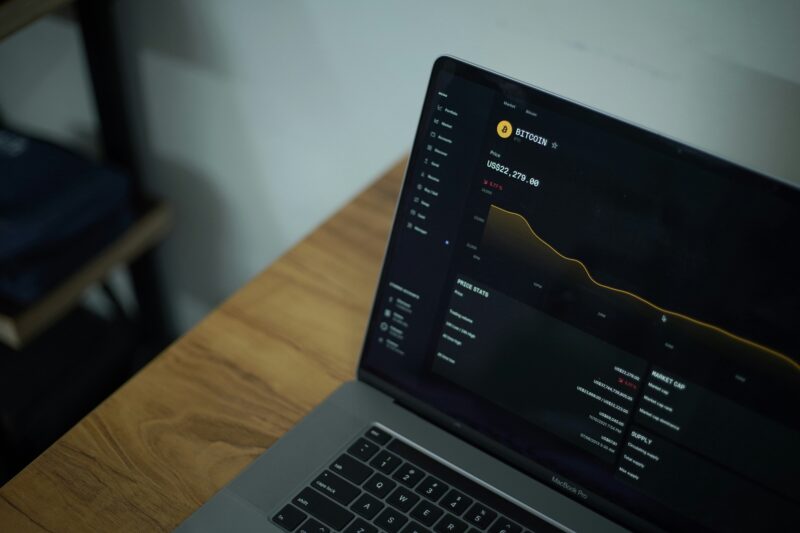

Environmental, Social, and Governance (ESG) principles have become the foundation of responsible business today. Once treated as an optional consideration, ESG metrics are now essential for investors, regulators, and consumers who demand transparency and accountability.
In the private equity (PE) sector, where large sums of capital are deployed across diverse portfolios, tracking ESG performance has become both a strategic advantage and a necessity. The challenge? Managing complex data, fragmented reporting, and ever-changing regulations across multiple assets and regions.
That’s where modern ESG PE software steps in, providing private equity firms with the technology to measure, manage, and report sustainability data efficiently and accurately.
Why ESG Data Is No Longer Optional
Ten years ago, ESG was often seen as a box-ticking exercise. Today, it’s a core part of financial and operational performance. Investors expect firms to understand the environmental and social impact of their portfolios, not just for compliance, but to protect long-term value.
According to a 2024 PwC study, over 80% of institutional investors now incorporate ESG criteria into their investment decisions. Moreover, regulatory frameworks such as the EU’s Sustainable Finance Disclosure Regulation (SFDR) and the Task Force on Climate-related Financial Disclosures (TCFD) have made standardized ESG reporting mandatory for many firms.
In this context, private equity managers face increasing pressure to:
- Collect ESG data consistently across portfolio companies.
- Demonstrate measurable progress on sustainability goals.
- Respond to investor requests for transparent and auditable reporting.
The manual tools and spreadsheets that once sufficed are no longer scalable. Technology is now central to meeting these expectations.
The Role of Technology in ESG Transformation
At its core, ESG management is a data problem. A single private equity firm might oversee dozens of portfolio companies across industries, each with its own sustainability initiatives, data sources, and reporting frameworks.
Traditional ESG tracking methods, such as quarterly surveys or static reports, often yield incomplete data and delayed insights. That’s why many firms are turning to automation and real-time analytics to bring accuracy and agility into ESG reporting.
Modern platforms built for private equity ESG management combine three key elements:
- Data automation – Aggregating and validating information from multiple portfolio companies.
- Standardized frameworks – Aligning data collection with recognized ESG standards and regulations.
- Dynamic reporting – Providing investors with real-time dashboards and compliance-ready disclosures.
By digitizing ESG workflows, firms can move from reactive compliance to proactive sustainability management.

What ESG PE Software Actually Does
Specialized ESG platforms are designed specifically for private equity workflows. They act as centralised hubs for collecting, analysing, and sharing portfolio data in a consistent, transparent way.
Here’s what the best systems typically offer:
- Automated data collection: Streamlines ESG reporting across multiple entities by connecting directly with existing systems (e.g., HR, finance, and energy tracking tools).
- Carbon accounting: Tracks emissions data at both company and portfolio levels, helping investors calculate their total carbon footprint and set reduction targets.
- Benchmarking and scoring: Compares performance across industries and regions, highlighting where improvements can be made.
- Customizable reporting: Generates ESG and impact reports aligned with frameworks like GRI, SASB, and SFDR.
- Audit-ready transparency: Ensures data integrity with clear documentation for verification and due diligence.
By integrating ESG metrics into the investment lifecycle, private equity firms can identify risks earlier, seize value creation opportunities, and enhance their reputation with limited partners (LPs).
Why Private Equity Firms Are Investing in ESG Tools
The drive toward digital ESG solutions isn’t just regulatory — it’s strategic. Private equity firms are discovering that better ESG data leads to better decision-making.
- Value creation – Sustainable portfolio companies often outperform their peers by reducing waste, improving efficiency, and attracting talent.
- Risk mitigation – Early visibility into ESG risks helps prevent reputational damage or financial loss.
- Investor confidence – Transparent reporting builds trust and strengthens fundraising efforts.
- Competitive advantage – Firms with robust ESG systems can respond faster to due diligence requests and regulatory changes.
Simply put, ESG technology is no longer a compliance tool; it’s a growth enabler.
A New Standard for ESG Reporting
For many firms, the shift to digital ESG management represents a cultural change as much as a technological one. Data that once lived in spreadsheets or fragmented reports now flows seamlessly through secure, cloud-based systems.
This evolution enables continuous improvement not just annual compliance. Firms can track progress over time, visualize key performance indicators (KPIs), and share verified results with stakeholders in real time.
It also allows for portfolio-wide collaboration, where ESG officers, investors, and company managers align around shared metrics and goals. That alignment is crucial for creating lasting impact.
The Role of Tools Like KEY ESG
Innovative platforms such as KEY ESG are leading this transformation. Their ESG PE software helps private equity firms simplify carbon accounting, automate data collection, and generate reports that align with global sustainability standards.
By integrating financial and environmental performance, these tools enable investors to see not just what their portfolio companies are doing but how well they’re performing against measurable targets.
This kind of technology empowers decision-makers to move beyond static reporting and build investment strategies rooted in accountability, data, and long-term value.

The Future of ESG and Private Equity
As ESG expectations continue to grow, private equity will play a central role in shaping sustainable business practices. The next generation of ESG tools will likely incorporate AI-driven insights, predictive modeling, and advanced data visualization, helping investors anticipate risks and identify opportunities before they arise.
In this future, sustainability won’t be a separate initiative; it will be a core performance metric. Firms that embrace digital ESG solutions now will have a significant head start not just in compliance, but in competitiveness and innovation.
Conclusion
Private equity has always been about finding value others overlook. Today, that value is increasingly tied to sustainability, transparency, and measurable impact.
Modern ESG PE software allows firms to meet investor demands, reduce risk, and improve portfolio performance, all while contributing to a more sustainable global economy.
By combining technology, data, and purpose, private equity investors are not only building stronger portfolios but also driving real, measurable change.












